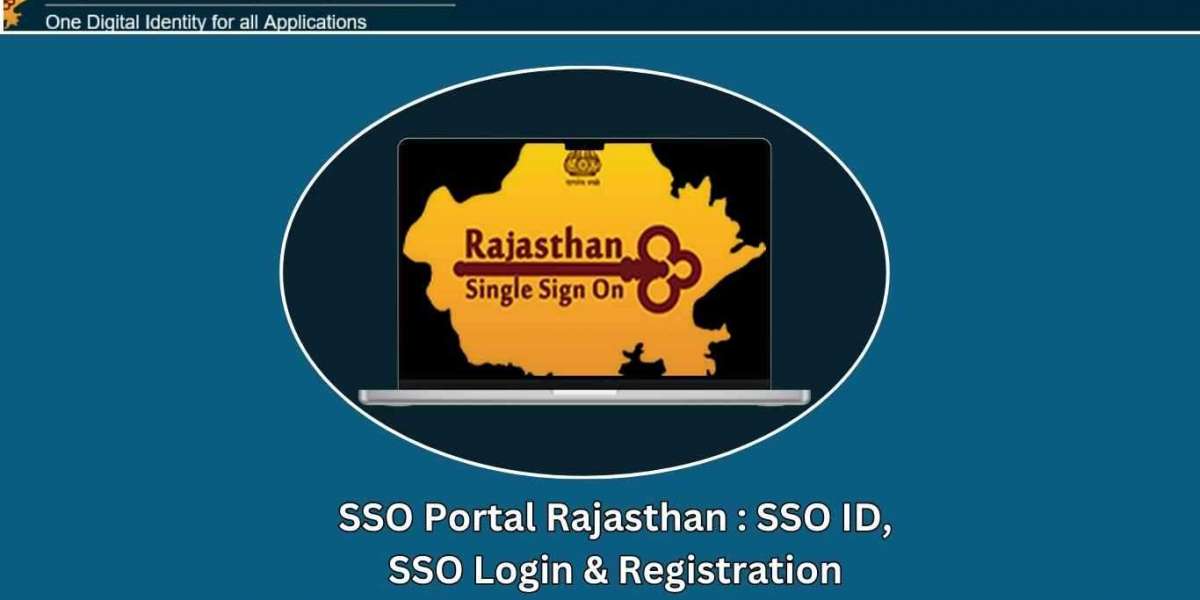**"Single Sign-On (SSO) is a user authentication process that allows individuals to access multiple applications with a single set of login credentials. This eliminates the need to remember multiple passwords, reducing the likelihood of weak or reused passwords, which are common security vulnerabilities. SSO not only enhances user convenience but also improves efficiency, as employees, customers, or partners can seamlessly move between applications without repeated authentication.
From a security perspective, SSO centralizes authentication, allowing organizations to enforce consistent security policies such as password complexity, session timeouts, and multi-factor authentication (MFA). This helps reduce the risk of unauthorized access and improves compliance with security regulations. However, because SSO creates a single point of access, a compromised account can pose significant risks. To mitigate this, businesses should implement additional security measures such as adaptive authentication, continuous monitoring, and robust identity governance.
SSO is commonly integrated using protocols like OAuth, SAML, and OpenID Connect, enabling seamless authentication across cloud-based and enterprise applications. While it simplifies IT management by reducing password-related support tickets, organizations must ensure that SSO solutions are properly configured and secured. When implemented effectively, SSO strikes the right balance between convenience, security, and operational efficiency, making it a crucial component of modern identity and access management strategies.


